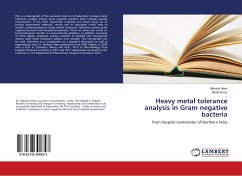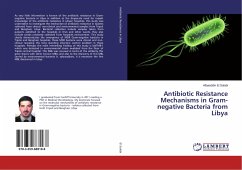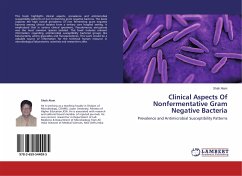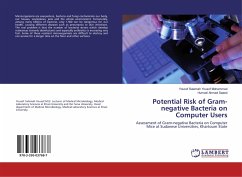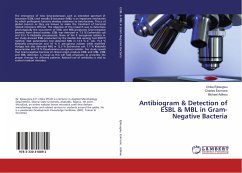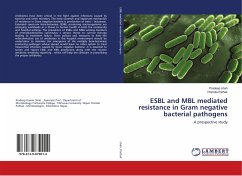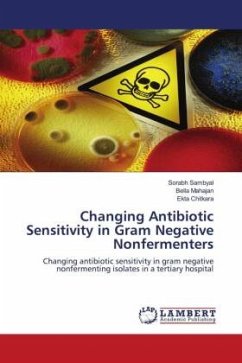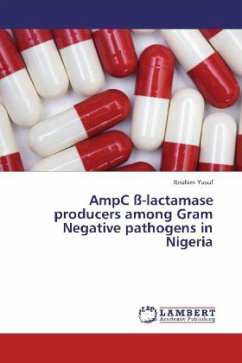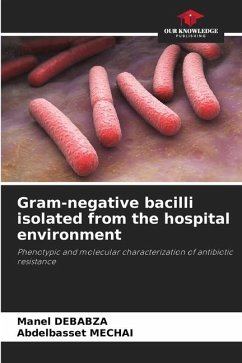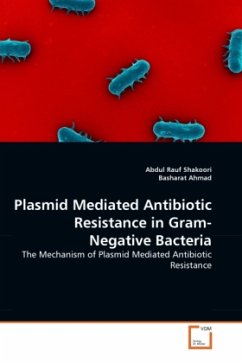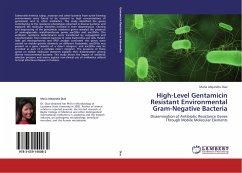
High-Level Gentamicin Resistant Environmental Gram-Negative Bacteria
Dissemination of Antibiotic Resistance Genes Through Mobile Molecular Elements
Versandkostenfrei!
Versandfertig in 6-10 Tagen
44,99 €
inkl. MwSt.

PAYBACK Punkte
22 °P sammeln!
Salmonella enterica subsp. arizonae and other bacteria from turtle farming environments were found to be resistant to high concentrations of gentamicin and to other antibiotics. This study identified the genes contributing to the resistance phenotypes observed in diverse bacteria, and explored the molecular elements involved in their dissemination. Cloning and sequencing of the gentamicin resistance genes revealed the presence of aminoglycoside acetyltransferase genes aac(3)IIa and aac(3)VIa. The antibiotic resistance determinants were transferred by conjugation and transformation from resista...
Salmonella enterica subsp. arizonae and other bacteria from turtle farming environments were found to be resistant to high concentrations of gentamicin and to other antibiotics. This study identified the genes contributing to the resistance phenotypes observed in diverse bacteria, and explored the molecular elements involved in their dissemination. Cloning and sequencing of the gentamicin resistance genes revealed the presence of aminoglycoside acetyltransferase genes aac(3)IIa and aac(3)VIa. The antibiotic resistance determinants were transferred by conjugation and transformation from resistant bacteria to naïve Escherichia coli cells. Pulsed-field gel electrophoresis and RFLP analysis confirmed the genes were carried on mobile genetic elements on different R-plasmids; aac(3)VIa was present as a gene cassette of a class-1 integron, and aac(3)IIa may be encoded as part of a complex class-1 integron. The presence of these genes on mobile molecular elements explains their dissemination among diverse environmental bacteria. This study shows the impact of antibiotic selective pressure and warns against non-clinical use of antibiotics utilized to treat infectious disease in humans.



